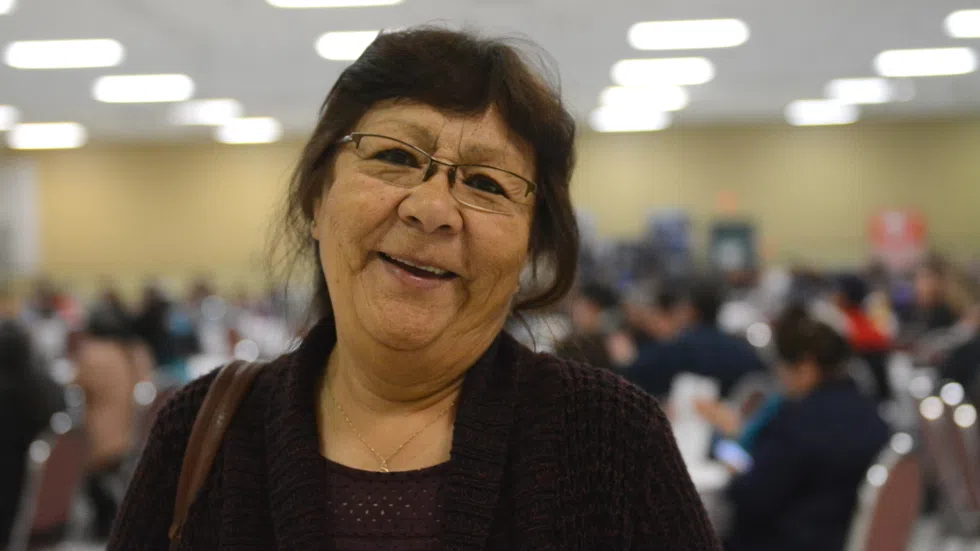
Aboriginal Diabetes conference doesn’t ‘sugarcoat’ problem
There are over 100,000 people living with diabetes in Saskatchewan today, but Diabetes Canada estimates that number climbs to 175,000 when you add the number of people living with pre-diabetes.
“In First Nations populations, the prevelance is three to five times greater,” Brie Hnetka, Diabetes Canada Regional Director for Saskatchewan, said. “So, they say now 80 per cent of children born today on reserve will get diabetes in their lifetime….so this is a huge, huge problem.”
Hnetka said Indigenous people are genetically predisposed to diabetes but there are a number of other factors that increase the risk. Access to healthy food and being in a remote community are some of them.
“It is extremely expensive to buy healthy food in northern communities. Residents also have to ensure it is safe to do physical activities outside, particularly in a remote community,” Hnetka said.


